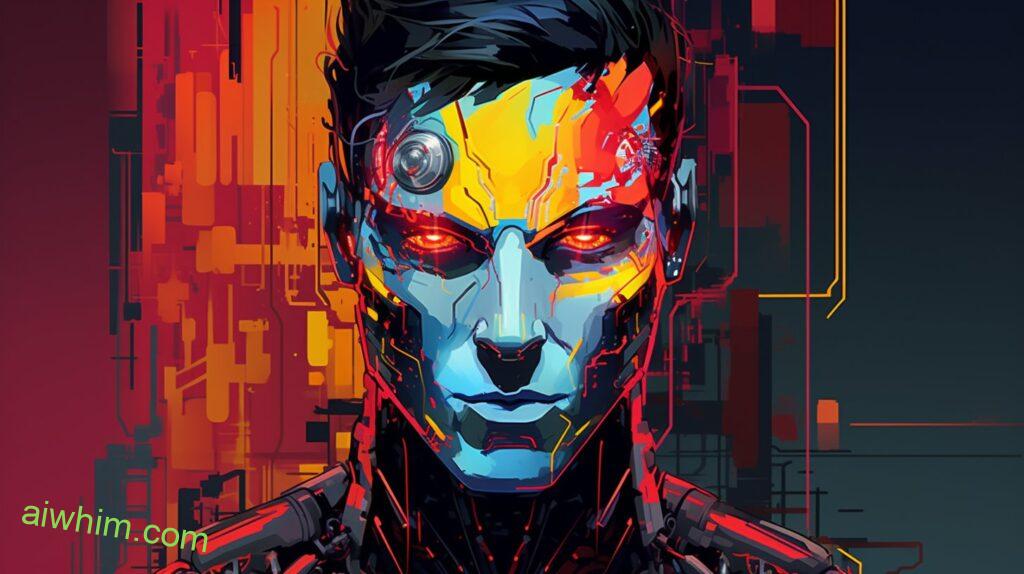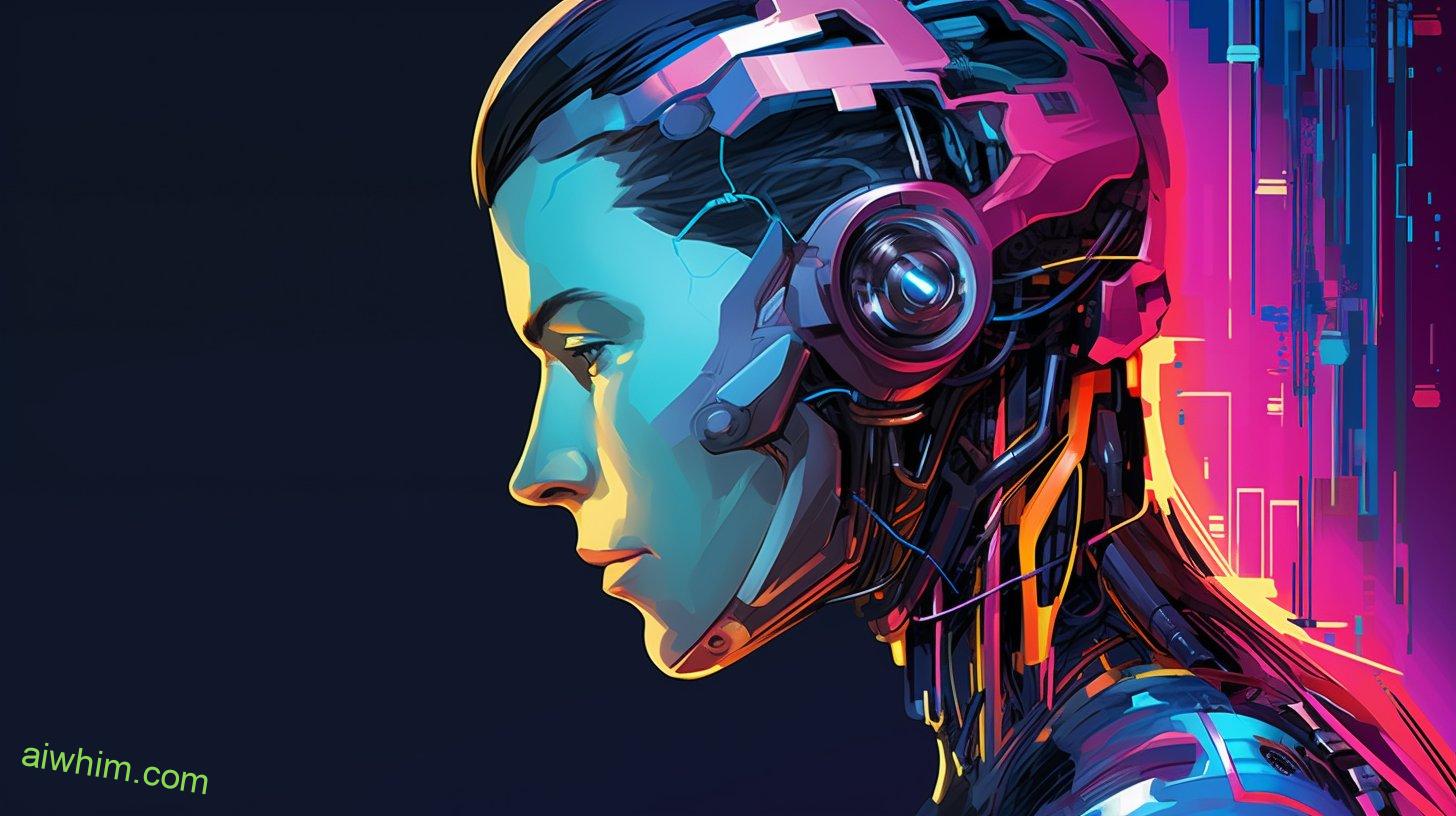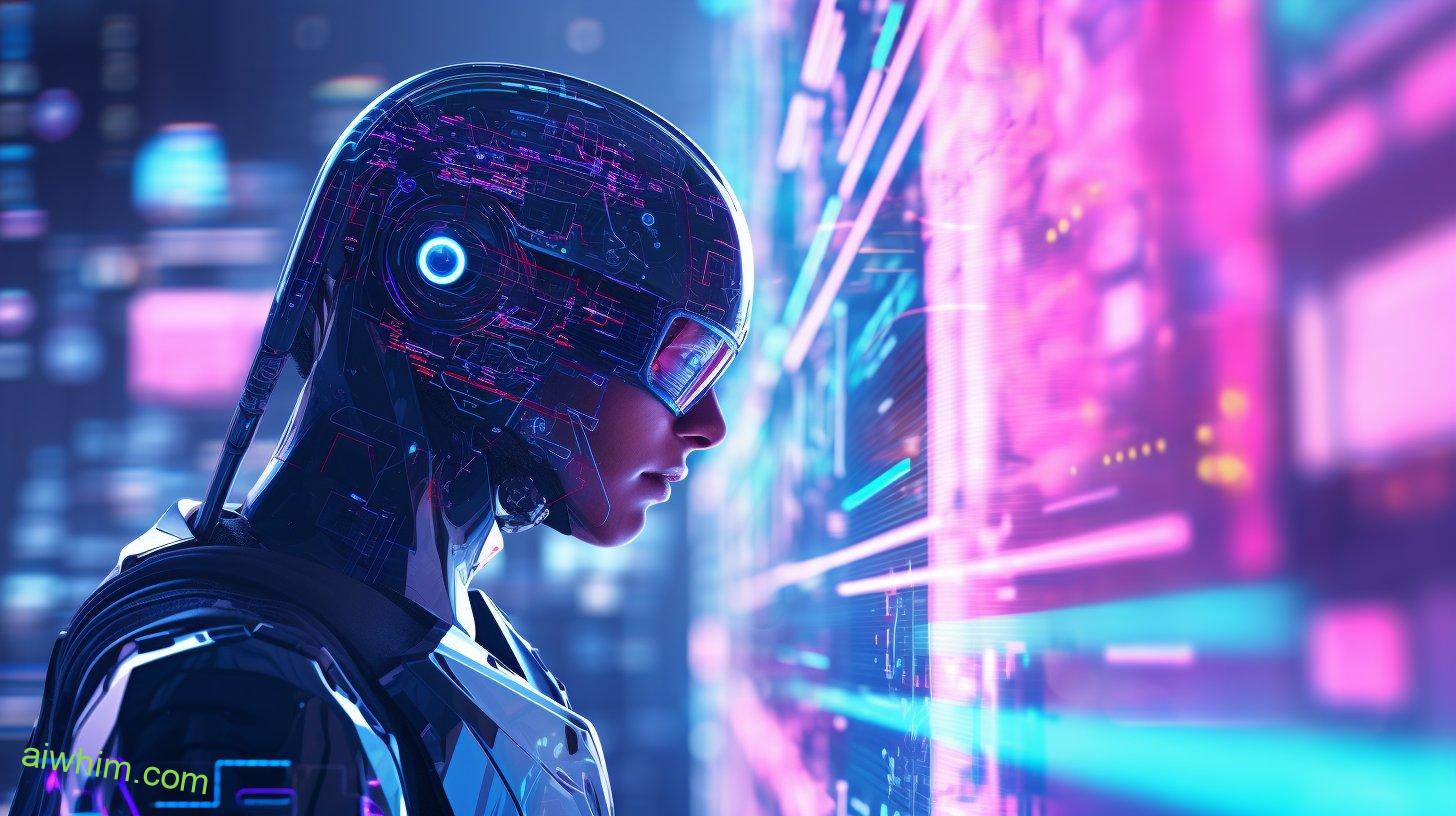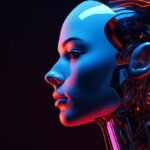Are you curious about the future of bus and truck mechanics? With advancements in artificial intelligence (AI) technology, the question arises: can AI take over the responsibilities of these skilled professionals?
As you explore this topic, you’ll discover how AI-assisted diagnostics and repairs are improving efficiency, the potential benefits of integrating humans and AI, and the regulatory challenges faced in adopting AI in the mechanics industry.
But what does this mean for the future role of bus and truck mechanics? Stay tuned to find out how this rapidly evolving landscape may shape the industry and the professionals within it.
Key Takeaways
- AI enhances efficiency and accuracy in diagnosing and repairing vehicles
- Predictive maintenance based on AI analysis prevents breakdowns and improves performance
- AI-assisted diagnostics quickly pinpoint root causes of issues and minimize unexpected breakdowns
- While AI improves efficiency, mechanics still play a crucial role in physical repairs and addressing challenges

Introduction to AI in Bus and Truck Mechanics
Incorporating AI into bus and truck mechanics revolutionizes the industry by enhancing efficiency and accuracy in diagnosing and repairing vehicles. AI applications in bus and truck maintenance have paved the way for a new era of predictive maintenance. With the help of AI-driven systems, mechanics can now anticipate potential issues and address them before they become major problems. This not only saves time and money but also prevents breakdowns and improves overall vehicle performance.
AI-driven predictive maintenance uses advanced algorithms and machine learning to analyze data from sensors, monitoring systems, and even past maintenance records. By continuously monitoring vehicle performance, AI can identify patterns and anomalies that may indicate a future breakdown or failure. This allows mechanics to proactively schedule maintenance and replace parts before they fail, reducing downtime and ensuring that buses and trucks stay on the road longer.
Not only does AI assist in predicting maintenance needs, but it also plays a crucial role in diagnosing issues. AI-powered diagnostic systems can analyze data from multiple sources, such as engine sensors, vehicle history, and even real-time performance data. By comparing this information to a vast database of known issues and solutions, AI can quickly and accurately pinpoint the root cause of a problem, allowing mechanics to fix it efficiently.
Furthermore, AI applications in bus and truck maintenance can also streamline the repair process. AI-powered systems can guide mechanics through step-by-step repair procedures, providing them with detailed instructions and visual aids. This not only speeds up the repair process but also ensures that repairs are done correctly the first time.
Incorporating AI into bus and truck mechanics brings numerous benefits, from predicting maintenance needs to diagnosing issues and streamlining repairs. By embracing AI-driven technologies, mechanics can enhance their efficiency, accuracy, and overall effectiveness in keeping buses and trucks in optimal condition.

Current Role of Bus and Truck Mechanics
Bus and truck mechanics play a vital role in ensuring the proper functioning and maintenance of vehicles in the transportation industry. As a bus or truck mechanic, you’re responsible for keeping these vehicles on the road, which is crucial for the smooth operation of businesses and the economy as a whole. Here are some key aspects of your current role:
- Maintenance and Repairs: You play a crucial role in conducting regular maintenance checks, identifying issues, and performing necessary repairs on buses and trucks. This ensures the safety and reliability of these vehicles, preventing potential accidents and breakdowns.
- Diagnostic Skills: Your expertise in diagnosing problems and troubleshooting mechanical issues is essential. Your ability to quickly and accurately identify problems helps minimize downtime and keeps vehicles running smoothly.
- Safety Compliance: You’re responsible for ensuring that buses and trucks meet all safety and regulatory standards. Your attention to detail and adherence to safety protocols contribute to the overall well-being of drivers, passengers, and other road users.
- Efficiency and Performance: By optimizing the performance of buses and trucks, you contribute to their fuel efficiency and overall productivity. This not only saves costs for businesses but also reduces the environmental impact of transportation.
- Meeting Demand: With the increasing demand for transportation services, the need for skilled bus and truck mechanics continues to grow. Your expertise is crucial in ensuring that vehicles are always available and in excellent condition to meet this demand.
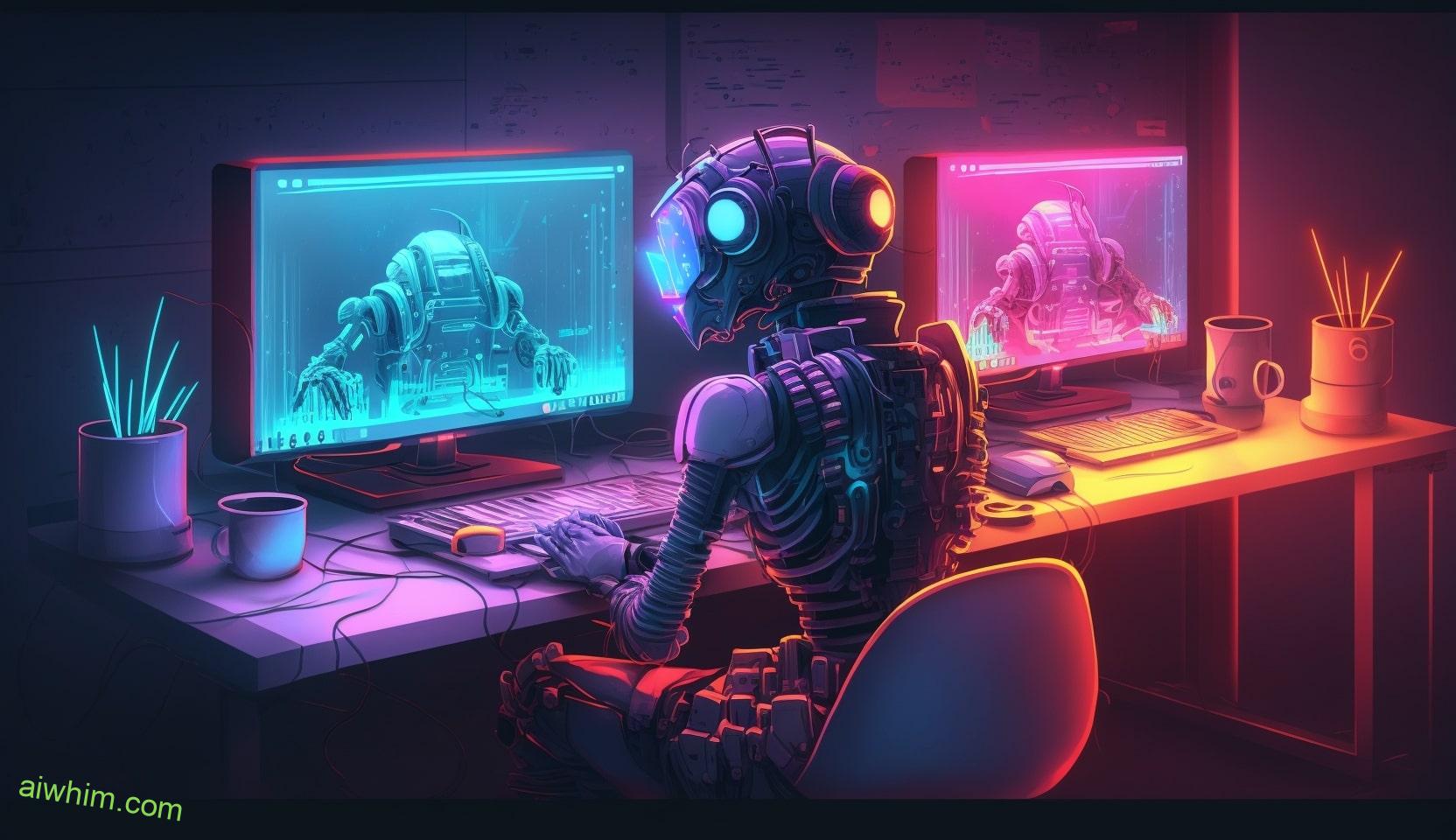
Advancements in AI Technology
Advancements in AI technology have revolutionized the field of bus and truck mechanics. AI applications in vehicle maintenance have significantly impacted the way technicians perform their tasks. With the introduction of AI, technicians now have access to advanced diagnostic tools and automated systems that streamline the maintenance process.
AI technology has enabled the development of smart sensors that can monitor vehicle performance in real-time. These sensors collect data and analyze it using machine learning algorithms, allowing technicians to identify potential issues before they escalate. This proactive approach not only improves vehicle safety but also reduces downtime and maintenance costs.
Furthermore, AI-powered predictive maintenance systems can predict when a vehicle component is likely to fail based on historical data and usage patterns. This allows technicians to proactively replace parts, preventing breakdowns and extending the lifespan of the vehicle. By leveraging AI technology, technicians can optimize maintenance schedules and minimize disruptions to operations.
However, the integration of AI in vehicle maintenance doesn’t render technicians obsolete. Instead, it shifts their role towards higher-level tasks that require critical thinking and problem-solving skills. Technicians now need to analyze complex data generated by AI systems and make informed decisions based on their expertise.
While AI automates certain aspects of vehicle maintenance, it can’t replace the human touch entirely. Technicians still play a crucial role in performing physical repairs, ensuring the quality of work, and addressing unforeseen challenges. Moreover, they possess valuable industry knowledge and experience that AI systems can’t replicate.
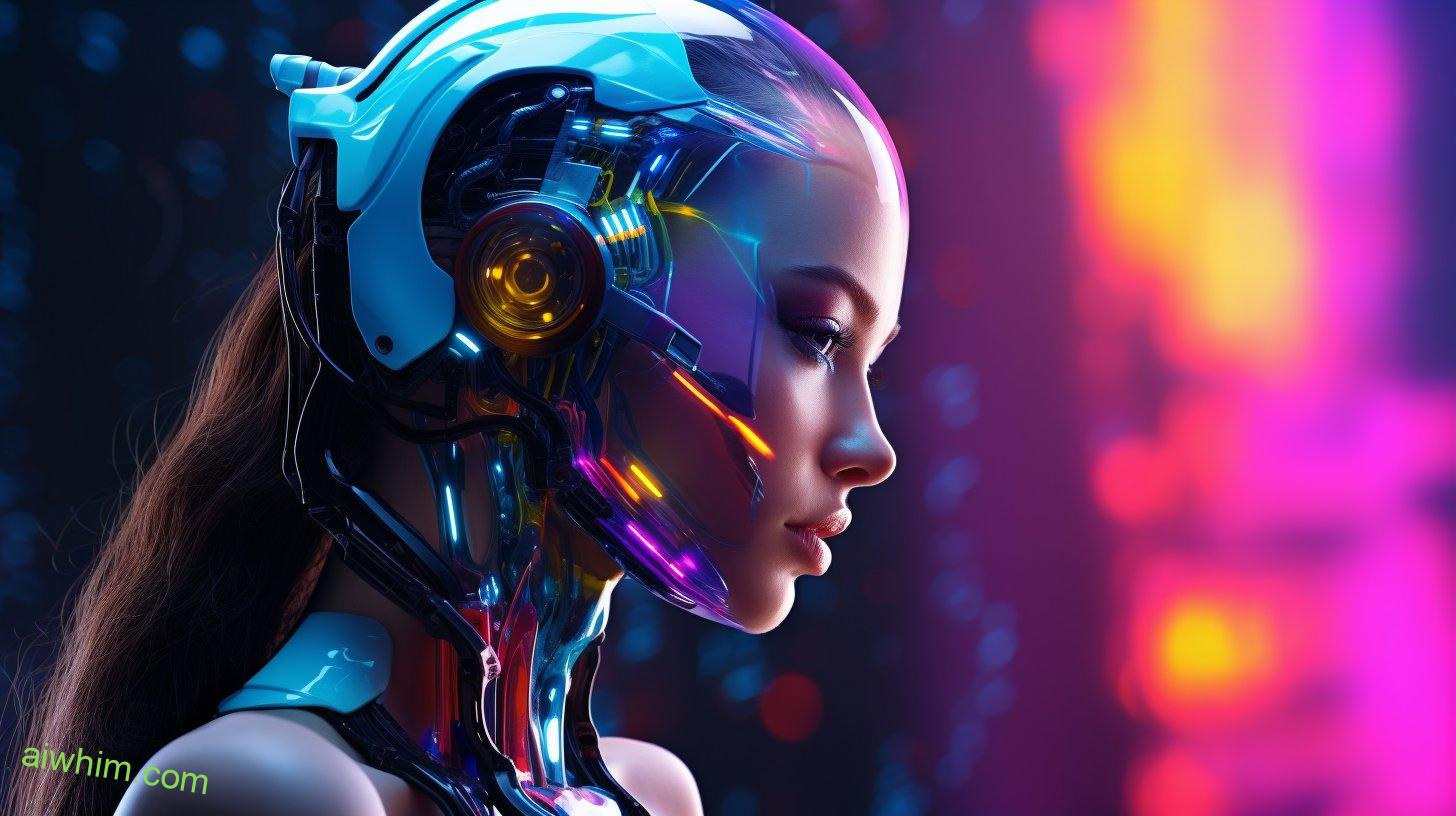
AI-Assisted Diagnostics and Repairs
With the advancements in AI technology, bus and truck mechanics now benefit from AI-assisted diagnostics and repairs. This innovative approach has revolutionized the way mechanics identify and fix issues in vehicles, making their jobs easier and more efficient.
Here are five ways AI-assisted diagnostics and repairs are transforming the industry:
- Real-time monitoring: AI systems can continuously monitor the performance of buses and trucks, detecting any irregularities or potential faults. This allows mechanics to address problems before they escalate, ensuring the safety and reliability of the vehicles.
- Enhanced diagnostics: AI algorithms can analyze vast amounts of data from sensors and onboard systems to quickly pinpoint the root causes of issues. This speeds up the diagnostic process, reducing downtime and maximizing productivity.
- Predictive maintenance: By analyzing historical data and patterns, AI can predict when components are likely to fail or require maintenance. This proactive approach allows mechanics to schedule repairs in advance, minimizing unexpected breakdowns and costly repairs.
- Automated repairs: AI-powered robotic systems can perform certain repairs autonomously, eliminating the need for manual labor. This not only saves time but also reduces the risk of human error, resulting in more accurate and reliable repairs.
- Efficient inventory management: AI can optimize inventory management by analyzing historical data and predicting the demand for spare parts. This ensures that mechanics always have the right parts in stock, reducing delays and improving overall efficiency.
With AI-assisted diagnostics and repairs, bus and truck mechanics are empowered to deliver faster, more accurate, and cost-effective solutions. This technology not only improves the mechanics’ work but also benefits the bus and truck owners by minimizing downtime and maximizing the lifespan of their vehicles. Embrace this technological advancement and experience the freedom of a more efficient and reliable transportation industry.
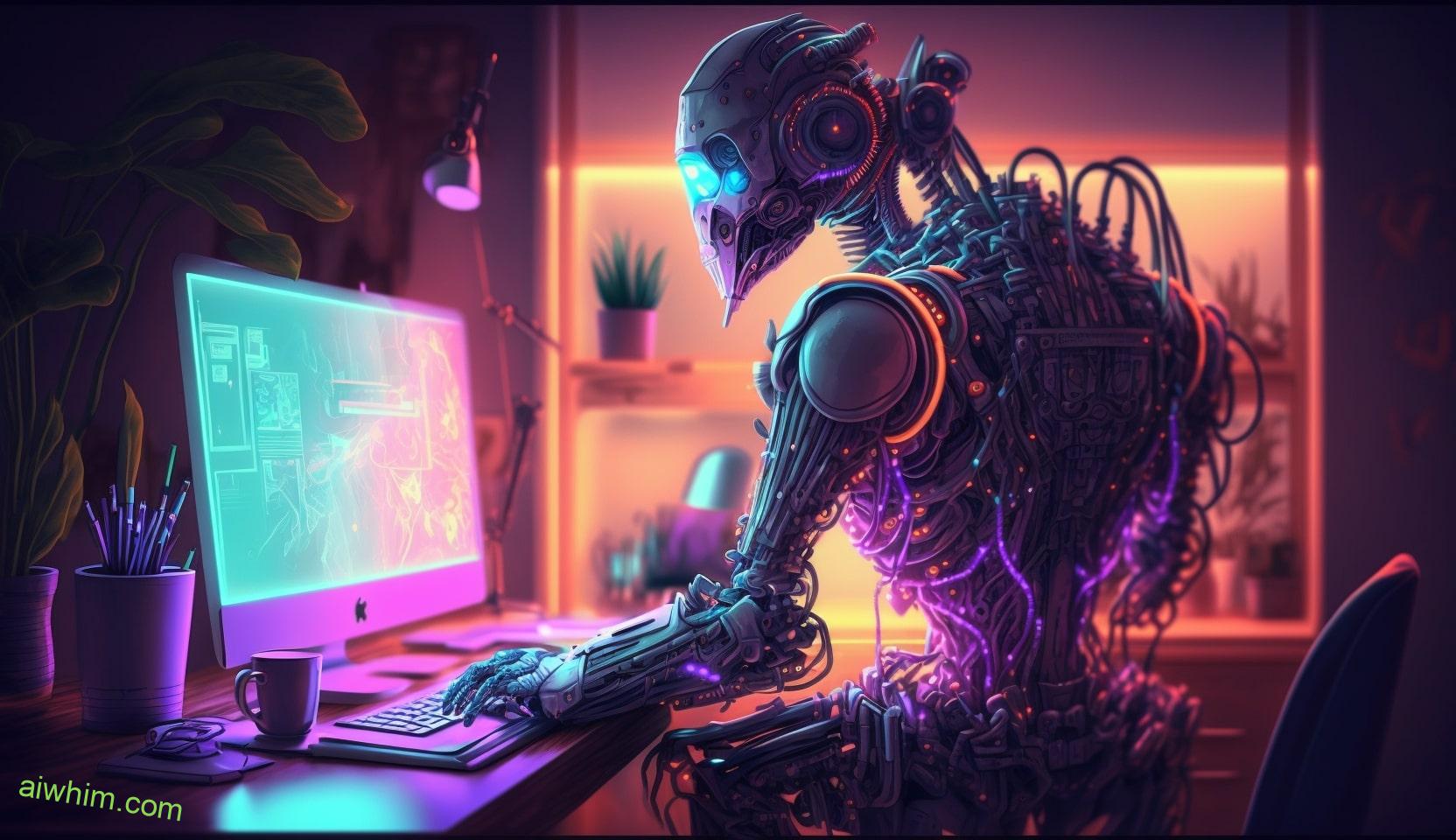
Efficiency Improvements Through AI Integration
By integrating AI technology, you can significantly improve the efficiency of your work as a bus and truck mechanic. AI in fleet management and predictive maintenance can revolutionize the way you diagnose and repair vehicles, allowing you to streamline your processes and save valuable time.
One way AI integration enhances efficiency is through predictive maintenance. Traditional maintenance practices often rely on fixed schedules or reactive measures, leading to unnecessary downtime and increased costs. However, with AI-powered systems, you can analyze real-time data from the vehicles’ sensors and predict when maintenance is needed. This proactive approach ensures that repairs are done before major issues arise, minimizing the risk of breakdowns and maximizing the uptime of the fleet.
Furthermore, AI can assist you in diagnosing complex problems more efficiently. By using machine learning algorithms, AI systems can analyze historical data, identify patterns, and provide insights into potential causes and solutions. This can help you pinpoint issues more accurately, reducing the time spent on trial and error diagnostics.
Additionally, AI integration allows for remote monitoring and troubleshooting. With AI-powered sensors installed in the vehicles, you can monitor their performance and receive real-time alerts for any abnormalities. This enables you to address potential problems before they escalate, eliminating the need for unnecessary inspections or manual checks.

Potential Cost Savings With AI Implementation
Implementing AI technology in your bus and truck maintenance operations can lead to significant cost savings. By automating certain tasks and processes, you can improve the cost effectiveness of your operations while enjoying the benefits of automation.
Here are five reasons why AI implementation can help you save money:
- Reduced labor costs: AI technology can handle certain maintenance tasks that would otherwise require human labor. By automating these tasks, you can reduce the need for manual intervention, leading to lower labor costs.
- Improved efficiency: AI-powered systems can analyze data and predict maintenance needs, allowing you to proactively address issues before they become costly problems. This helps you optimize your maintenance schedules and minimize downtime, resulting in increased efficiency and reduced expenses.
- Enhanced accuracy: AI algorithms can quickly and accurately diagnose problems in vehicles, eliminating the guesswork involved in traditional troubleshooting methods. This accuracy not only saves time but also prevents costly mistakes and unnecessary repairs.
- Optimized inventory management: AI can analyze historical data and usage patterns to predict part failures and optimize inventory levels. By ensuring that you have the right parts at the right time, you can minimize inventory costs and avoid unnecessary stocking of spare parts.
- Streamlined maintenance processes: AI technology can automate routine maintenance tasks, such as scheduling inspections and conducting routine checks. By streamlining these processes, you can save time and resources while ensuring that your vehicles are properly maintained.
Implementing AI technology in your bus and truck maintenance operations can provide you with cost effectiveness and automation benefits. By harnessing the power of AI, you can reduce labor costs, improve efficiency, enhance accuracy, optimize inventory management, and streamline maintenance processes.
Embrace the freedom that AI offers and start saving money in your maintenance operations today.

Training Requirements for AI-Based Systems
Training is a crucial aspect when it comes to implementing AI-based systems in bus and truck maintenance operations. The successful integration of artificial intelligence into these operations hinges on the training requirements and addressing the implementation challenges that arise.
To effectively train AI-based systems, it’s essential to have a comprehensive understanding of the specific needs and requirements of bus and truck maintenance. This includes gathering data on the different types of vehicles, their components, and the common maintenance issues they face. By analyzing this data, AI systems can be trained to identify patterns, predict potential problems, and offer appropriate maintenance solutions.
One of the implementation challenges is ensuring that the training data accurately represents real-world scenarios. The data used to train AI models should be diverse and representative of the various situations that mechanics encounter. This can be achieved by incorporating data from different geographic locations, vehicle models, and maintenance histories. By doing so, the AI-based systems will be more capable of handling a wide range of maintenance issues.
Another challenge is the need for ongoing training and updating of AI models. As the field of bus and truck maintenance evolves, new technologies and components emerge. It’s crucial to continuously update the AI models to ensure they remain effective and up-to-date with the latest maintenance practices. This requires collaboration between AI developers, bus and truck manufacturers, and maintenance professionals.
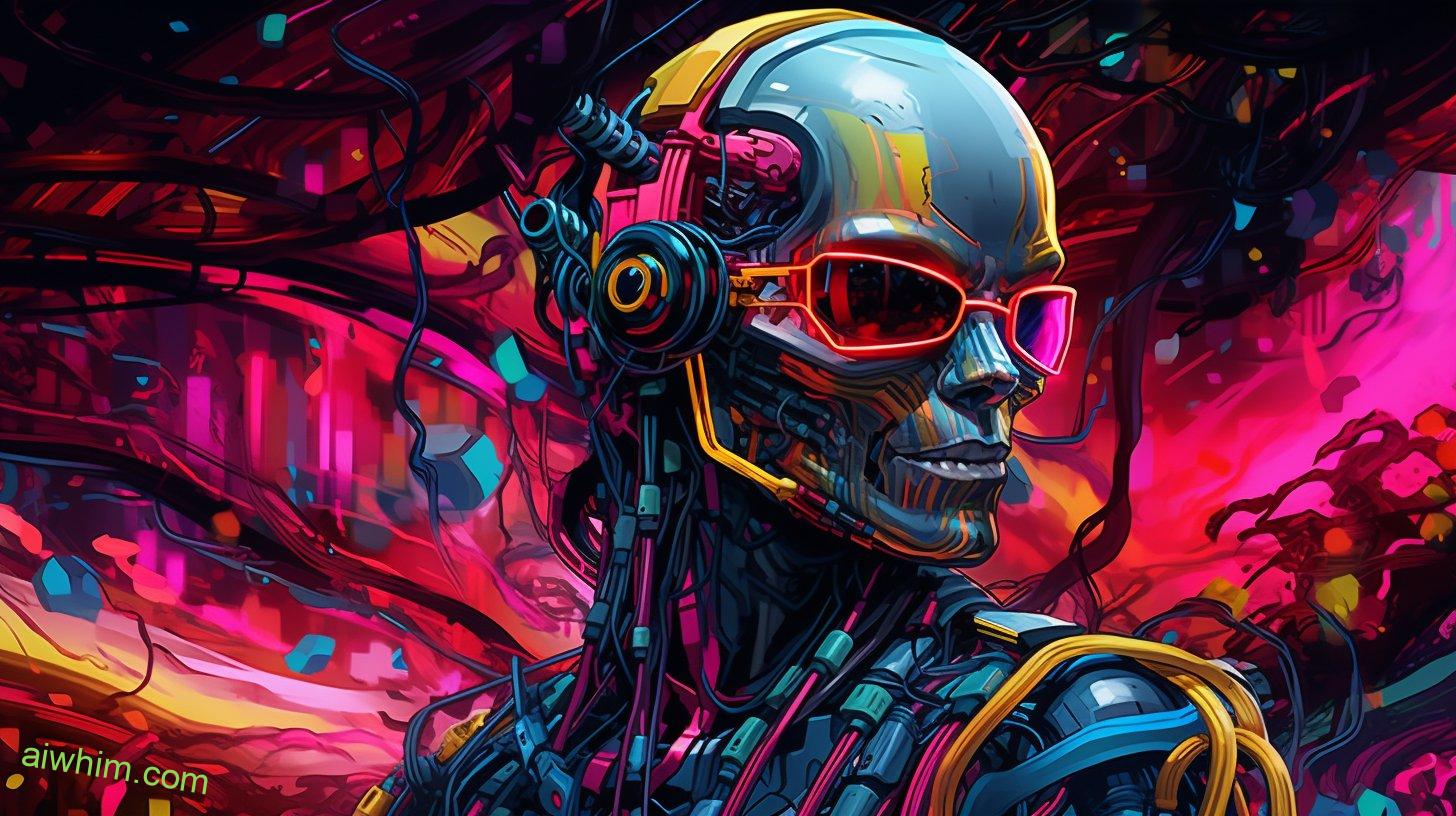
Limitations of AI in Complex Repairs
To tackle complex repairs, AI may encounter limitations that hinder its effectiveness in the field of bus and truck maintenance. While AI has made significant advancements in various industries, it still faces challenges when it comes to dealing with complex repairs in buses and trucks. Here are some limitations that AI currently faces in this area:
- Lack of adaptability: AI systems are designed to follow predefined algorithms, which limits their ability to adapt to unique situations. Complex repairs often require a flexible approach and the ability to think creatively, something that AI struggles with.
- Inability to handle unforeseen issues: When faced with unexpected problems during a repair, AI may struggle to find a solution. It lacks the human intuition and experience that mechanics possess, making it difficult for AI to handle complex repairs effectively.
- Limited diagnostic capabilities: While AI can analyze data and identify patterns, it may struggle to accurately diagnose complex issues. Bus and truck mechanics often rely on their expertise and intuition to diagnose problems, something that AI currently lacks.
- Difficulty in physical manipulation: Repairing a bus or truck often involves physically manipulating components and performing delicate tasks. AI, being a digital system, lacks the physical dexterity and fine motor skills required for such tasks.
- Lack of emotional intelligence: Bus and truck mechanics often need to communicate with clients and understand their concerns. AI lacks the emotional intelligence to effectively interact with customers and provide the personalized service that humans can.
While AI has the potential to revolutionize the field of bus and truck maintenance, it still faces significant limitations when it comes to complex repairs. These challenges highlight the importance of human mechanics who possess the expertise, adaptability, and creativity needed to tackle the complexities of the job.
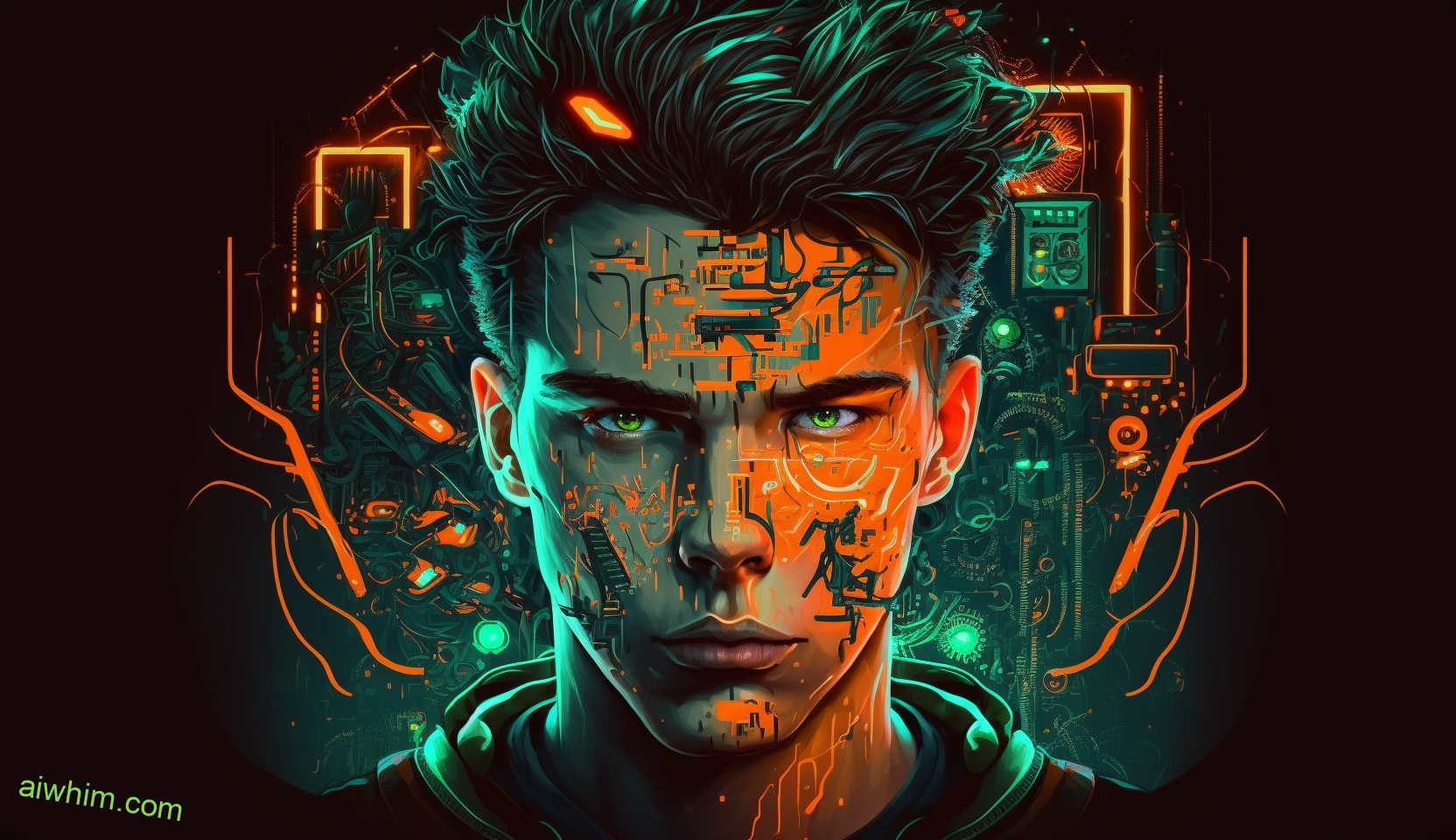
AI’s Impact on Job Prospects for Mechanics
The impact of AI on job prospects for mechanics is a topic of increasing concern and interest. With advancements in technology and the rise of automation, many wonder if AI will eventually replace human mechanics altogether. While it’s true that AI has the potential to automate certain tasks and improve efficiency in the field, it’s unlikely that it will completely eliminate the need for skilled mechanics.
Job automation, driven by AI, has the potential to streamline certain aspects of the mechanic’s job. For instance, AI-powered diagnostic tools can quickly identify issues and suggest repairs, reducing the time spent on troubleshooting. Additionally, automated systems can assist mechanics in performing routine maintenance tasks, such as oil changes or tire rotations, more efficiently. These advancements can free up valuable time for mechanics to focus on more complex and specialized repairs.
However, despite these advancements, AI is still limited in its ability to handle complex repairs and unexpected situations. Mechanics possess a unique set of skills and knowledge that allows them to diagnose and fix problems that AI may struggle with. They have the ability to think critically, adapt to different scenarios, and use their experience to make informed decisions. These qualities are difficult to replicate in AI systems.
Furthermore, the impact of AI on employment in the mechanic industry isn’t all negative. While certain tasks may be automated, the demand for skilled mechanics is expected to remain strong. As vehicles become more advanced and complex, the need for experienced mechanics who can handle these technological advancements will only increase.
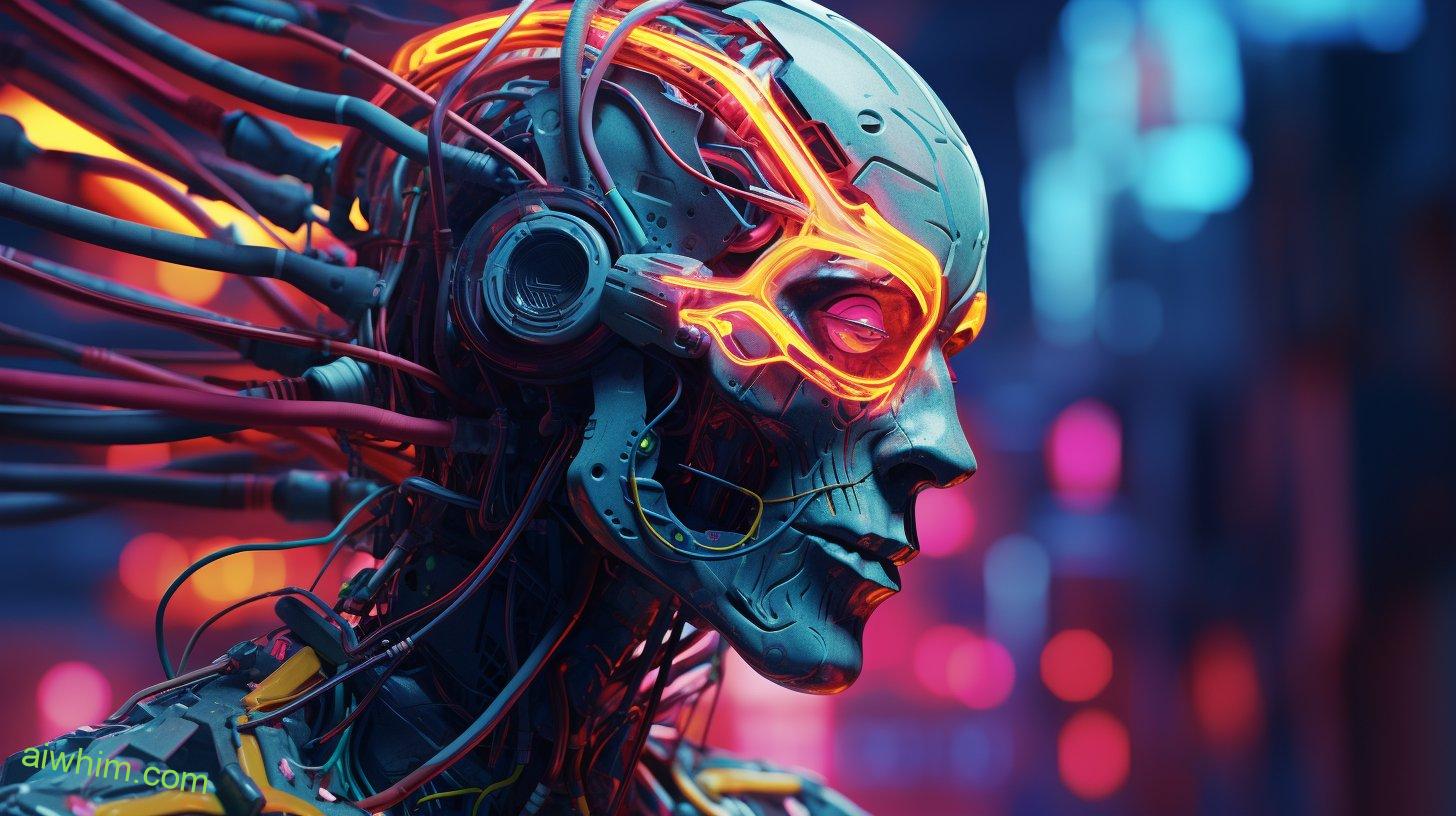
Safety Considerations With AI-Powered Vehicles
With the increasing integration of AI in vehicles, it’s crucial to address the safety considerations associated with AI-powered vehicles. As technology advances, it’s essential to establish adequate safety regulations and address liability issues to ensure the freedom and security of both drivers and passengers.
Here are some important points to consider:
- Safety regulations: As AI becomes more prevalent in vehicles, it’s imperative to establish comprehensive safety regulations. These regulations should outline the standards and protocols that AI-powered vehicles must adhere to, ensuring that they meet stringent safety requirements.
- Liability issues: With AI taking over certain responsibilities in vehicles, the issue of liability becomes more complex. Who’s responsible in the event of an accident? Is it the AI technology provider, the vehicle manufacturer, or the driver? Clear guidelines need to be established to determine liability and ensure that those responsible are held accountable.
- Training and education: As AI becomes more prevalent in vehicles, it’s crucial to provide proper training and education to drivers and mechanics. They need to understand how to interact with and maintain AI-powered vehicles, ensuring that they’re well-equipped to handle any potential issues or emergencies that may arise.
- Ethical considerations: AI-powered vehicles should be programmed to prioritize safety and make ethical decisions. For example, if faced with a situation where an accident is unavoidable, the AI system should be programmed to minimize harm to human life. Ethical guidelines need to be established to ensure the responsible and ethical use of AI in vehicles.
- Cybersecurity: With AI systems becoming more interconnected, the risk of cyber threats and hacking increases. It’s imperative to implement robust cybersecurity measures to protect AI-powered vehicles from potential attacks, safeguarding not only personal data but also the physical safety of passengers and drivers.
Addressing these safety considerations is crucial to ensure the successful integration of AI-powered vehicles into our transportation systems. By establishing safety regulations, addressing liability issues, providing proper training and education, considering ethical implications, and implementing robust cybersecurity measures, we can embrace the freedom and convenience that AI offers while maintaining a safe and secure environment for all.
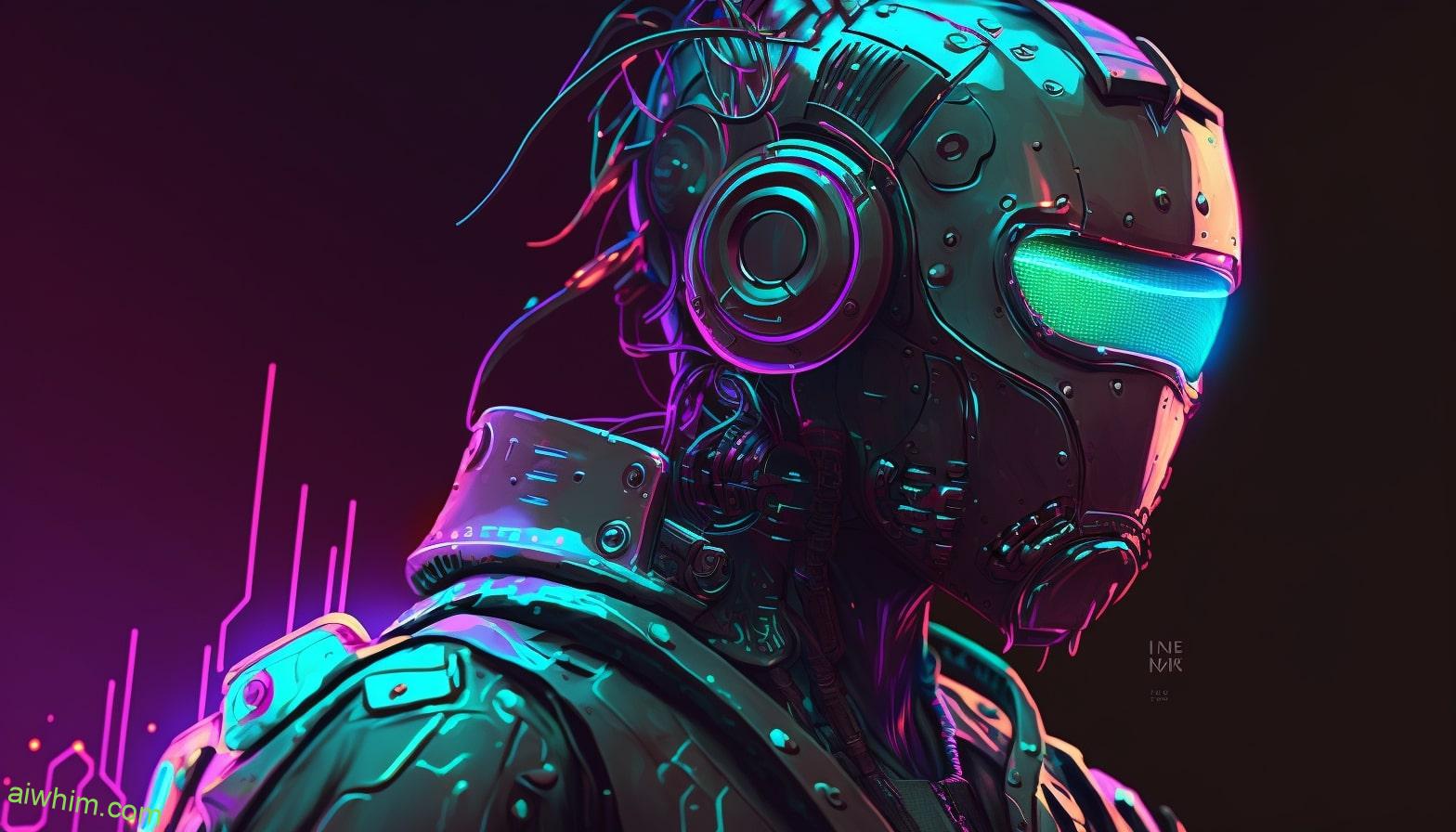
Ethical Concerns in AI-Driven Maintenance
As a bus or truck mechanic working with AI-driven maintenance, it’s important to consider the ethical implications that arise from this evolving technology. While AI has the potential to revolutionize the maintenance process, it also raises concerns about privacy and ethical decision-making.
One of the main ethical implications of AI-driven maintenance is the potential invasion of privacy. AI systems collect and analyze vast amounts of data to make informed maintenance decisions. However, this data may include sensitive information about individuals, such as their location, driving habits, or personal preferences. It’s crucial to ensure that this data is handled securely and only used for its intended purpose. Mechanic professionals must prioritize the privacy rights of vehicle owners and users, taking necessary measures to protect their personal information from unauthorized access or misuse.
Another ethical concern is the potential for bias in AI-driven maintenance. AI systems are trained on large datasets, which may contain biased or discriminatory information. If these biases aren’t addressed, AI-driven maintenance could perpetuate existing inequalities or unfairly disadvantage certain individuals or groups. As a mechanic, it’s important to be aware of these biases and work towards mitigating them. This may involve actively monitoring and auditing the AI algorithms used in maintenance to ensure fairness and inclusivity.
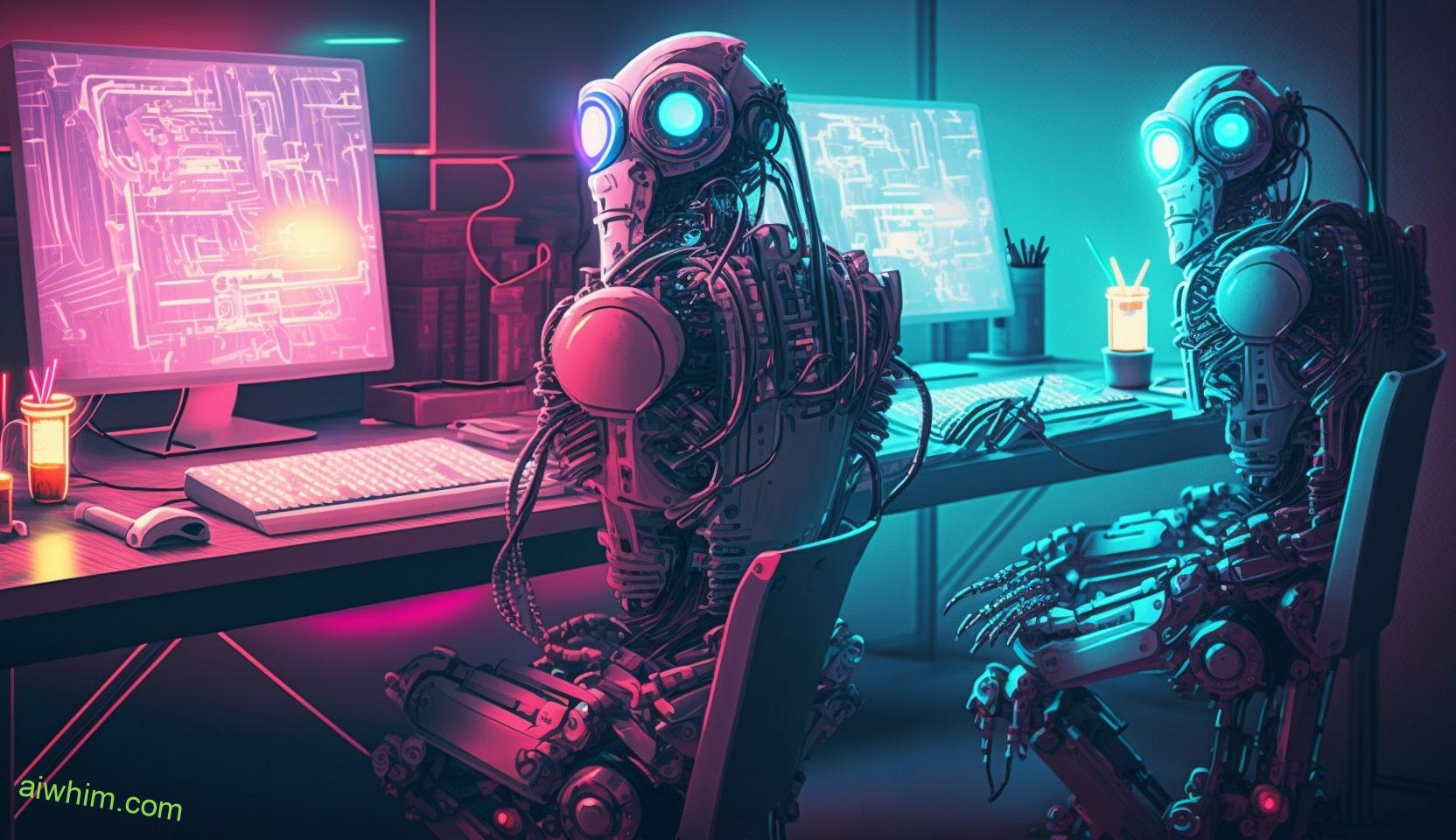
Collaborative Approach: Humans and AI Working Together
To optimize maintenance processes, bus and truck mechanics can achieve greater efficiency and accuracy by embracing a collaborative approach that integrates the capabilities of AI technology. By working together with AI, you can experience several benefits that enhance your freedom and effectiveness in your job:
- Improved Decision-Making: Collaborating with AI allows you to access vast amounts of data and analysis, enabling you to make well-informed decisions quickly. This empowers you to take charge of your work and implement solutions that best suit the situation.
- Enhanced Safety: AI can provide real-time monitoring and predictive analytics, alerting you to potential issues before they escalate. This collaboration ensures a safer work environment for you and your colleagues, giving you the freedom to focus on your tasks without unnecessary risks.
- Time and Cost Savings: With AI’s assistance, you can automate routine tasks, reducing manual labor and saving valuable time. This collaboration also helps in identifying optimal maintenance schedules, minimizing downtime, and lowering operational costs.
- Skill Development: Collaborating with AI allows you to learn from its insights and analysis. By understanding how AI processes data and makes decisions, you can enhance your knowledge and skills, becoming even more valuable in your profession.
- Increased Job Satisfaction: By working alongside AI, you can delegate repetitive and mundane tasks, allowing you to focus on more complex and fulfilling aspects of your job. This collaboration empowers you to have a sense of purpose and accomplishment, enhancing your overall job satisfaction.
While the collaboration between humans and AI brings numerous advantages, it’s essential to acknowledge the potential challenges that may arise. These challenges include the need for proper training and understanding of AI systems, ensuring data privacy and security, and addressing any potential biases in AI algorithms. By effectively addressing these challenges, you can foster a collaborative environment that maximizes the potential of human-AI collaboration and promotes freedom in your work.
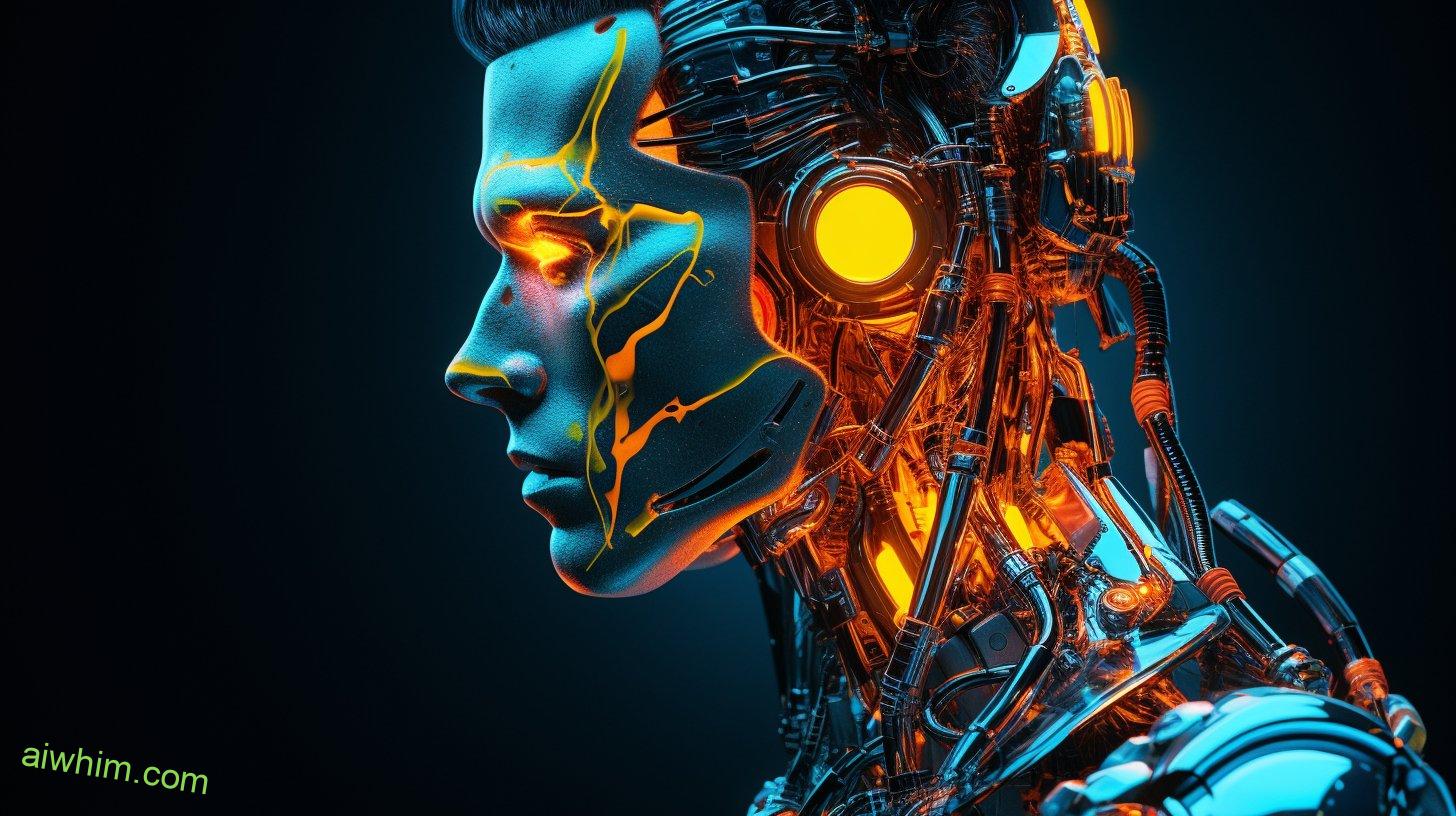
Case Studies of Successful AI Integration in the Industry
By exploring real-world examples, you can gain insights into the successful integration of AI in the industry, showcasing how collaboration between humans and AI technology has revolutionized bus and truck maintenance processes. Let’s delve into some case studies that highlight the successful integration of AI in the bus and truck maintenance industry.
One compelling case study is the implementation of AI technology by a major transportation company. They used AI-powered predictive analytics to analyze data from their fleet of buses and trucks. By monitoring various parameters such as engine performance, fuel consumption, and maintenance records, the AI system could detect potential issues before they became major problems. This proactive approach allowed the company to schedule maintenance and repairs in advance, minimizing downtime and increasing the overall efficiency of their operations.
Another case study involves a truck manufacturer that incorporated AI technology into their production processes. They used machine learning algorithms to analyze data from sensors installed on their trucks. This enabled them to identify patterns and trends in the data, helping them optimize vehicle performance and reduce maintenance costs. Additionally, the AI system provided real-time alerts to drivers and maintenance teams, notifying them of any potential issues that required immediate attention. This proactive approach not only improved the reliability of their trucks but also enhanced the overall safety of their fleet.
In both of these case studies, the successful integration of AI technology has had a significant impact on the bus and truck maintenance industry. By harnessing the power of AI, companies have been able to streamline their maintenance processes, reduce costs, and improve the overall performance of their vehicles. These examples demonstrate the immense potential of AI in transforming the industry and highlight the importance of collaboration between humans and AI technology to achieve optimal results.
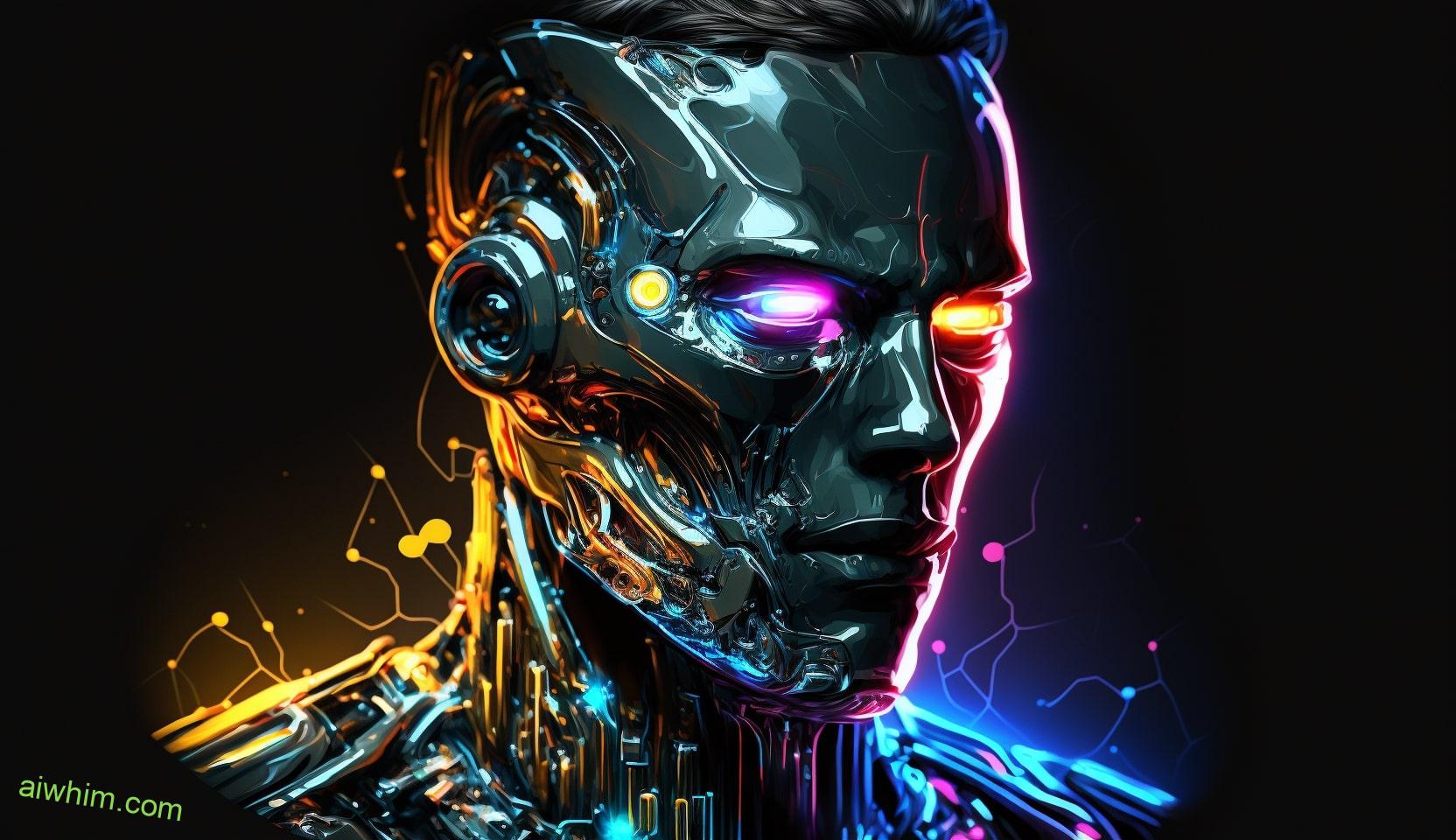
Regulatory Challenges in Adopting AI in Mechanics
The integration of AI in mechanics faces regulatory challenges that need to be addressed for successful implementation. As the industry explores the potential of AI in enhancing the efficiency and accuracy of maintenance and repair tasks, it’s crucial to navigate the complex landscape of regulatory compliance and privacy concerns. Here are some key challenges to consider:
- Data protection regulations: AI implementation in mechanics involves collecting and analyzing vast amounts of data. Ensuring compliance with data protection regulations, such as the General Data Protection Regulation (GDPR), is essential to safeguard individuals’ privacy rights.
- Ethical considerations: AI algorithms must be programmed to adhere to ethical guidelines, avoiding biases and discriminatory practices. Mechanisms should be in place to ensure fairness and accountability in decision-making processes.
- Safety standards: AI systems need to meet safety standards to ensure the well-being of mechanics and the public. It’s necessary to establish regulations that define the level of autonomy AI can have in performing critical tasks.
- Liability and insurance: Clear guidelines are needed to determine liability in case of accidents or errors caused by AI systems. Insurance policies must also adapt to cover potential risks associated with AI adoption.
- Workforce implications: The introduction of AI in mechanics raises concerns about job displacement. Regulations should address the impact on employment and ensure adequate support for retraining and transitioning to new roles.
Navigating these regulatory challenges is essential to foster the successful integration of AI in the mechanics industry. Striking a balance between innovation and regulatory compliance is key to ensuring the responsible and ethical use of AI technology in this field.
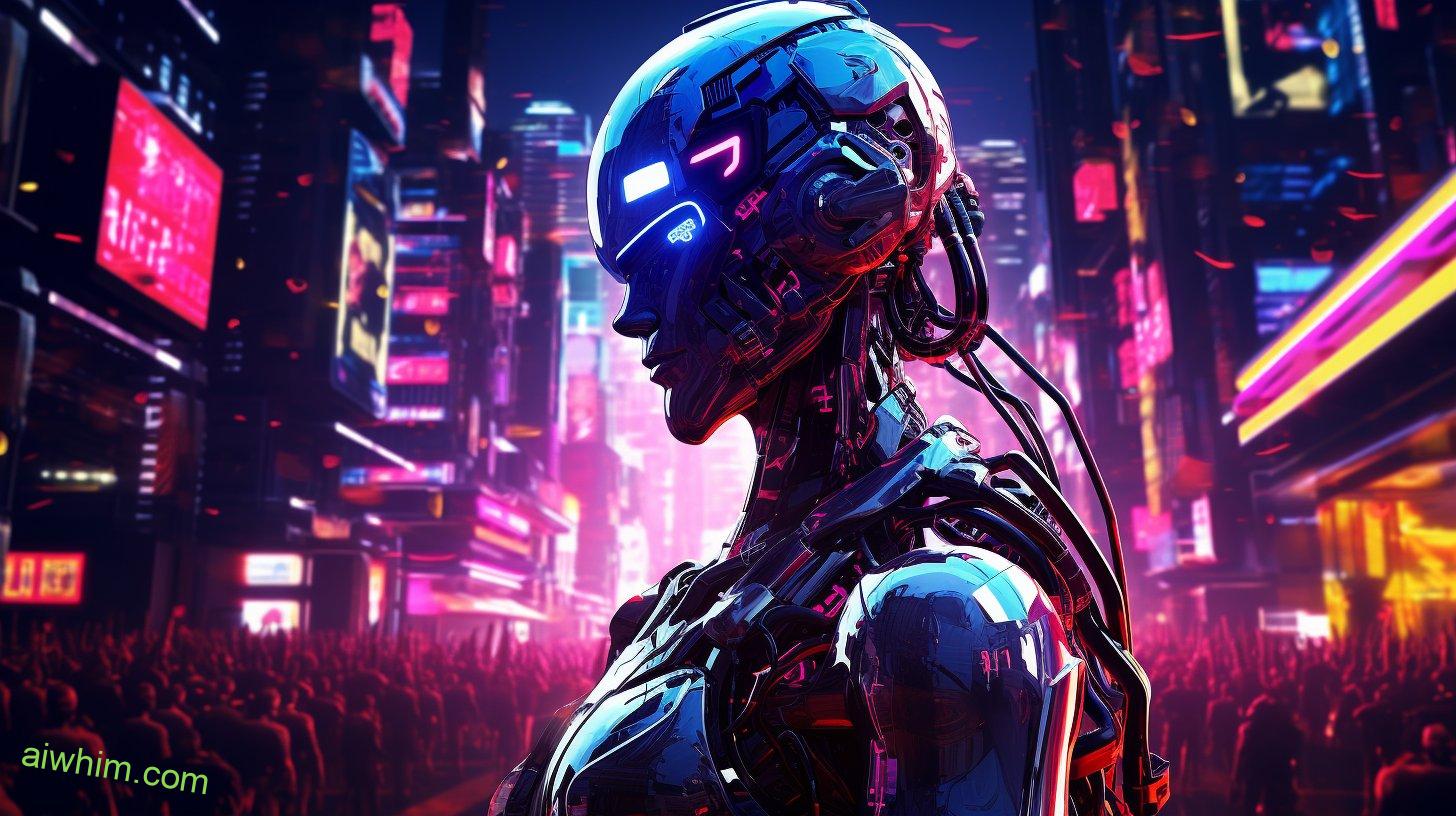
Future Outlook: the Evolving Role of Bus and Truck Mechanics
As bus and truck mechanics embrace the integration of AI technology, their roles are evolving to encompass a wider range of advanced diagnostic and maintenance tasks. This evolution of skills isn’t only necessary to keep up with the rapid advancements in technology, but it also ensures job security in an increasingly automated world.
With the integration of AI, bus and truck mechanics are now required to have a deeper understanding of computer systems and software. They must be able to interpret and analyze data gathered by AI systems to identify potential issues and develop solutions. This means that mechanics need to continuously update their skills and knowledge to stay relevant in their field.
While some may worry that the rise of AI technology could threaten job security for mechanics, the reality is that it’s actually creating new opportunities. As the complexity of vehicles increases, the need for skilled mechanics who can work with AI systems becomes vital. Mechanics who adapt to these changes and acquire the necessary skills will be in high demand, ensuring job security in the long run.
The evolving role of bus and truck mechanics also opens up new career paths. Mechanics can specialize in AI diagnostics or maintenance, becoming experts in their field. They can also take on supervisory or managerial roles, overseeing AI systems and ensuring their proper functioning.
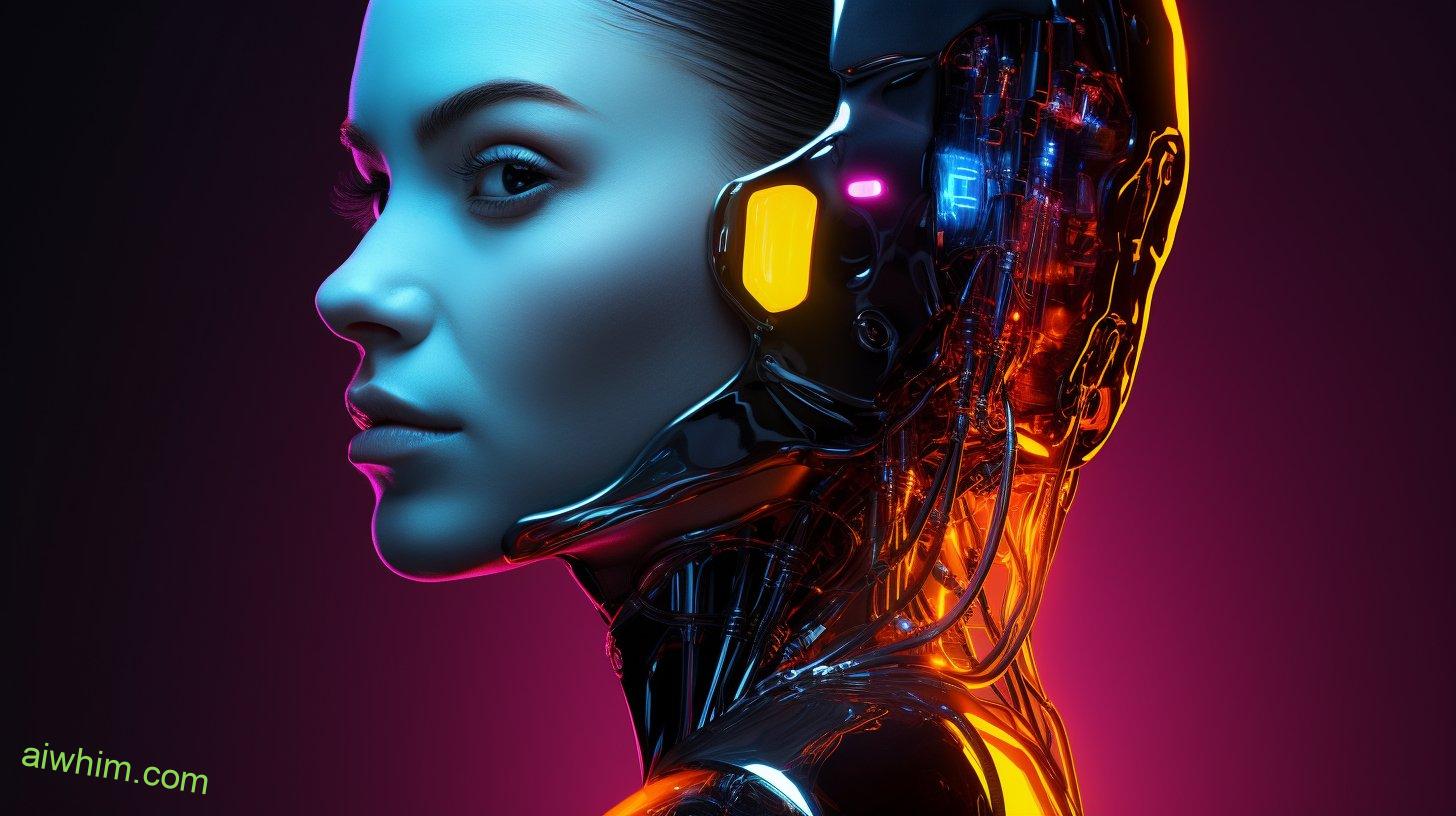
Frequently Asked Questions
What Are the Main Limitations of AI When It Comes to Complex Repairs in Bus and Truck Mechanics?
When it comes to complex repairs in bus and truck mechanics, AI has limitations. It can struggle with the intricacies and nuances of these repairs, requiring human expertise and intuition.
How Will AI Impact Job Prospects for Mechanics in the Bus and Truck Industry?
AI’s impact on the job market and the future of mechanics is a topic of concern. It’s natural to wonder how AI’s rise will affect job prospects. Will it bring freedom or limit opportunities?
What Are the Safety Considerations That Need to Be Taken Into Account When Using Ai-Powered Vehicles in Maintenance?
When using AI-powered vehicles in maintenance, it’s crucial to consider safety considerations and be aware of AI limitations. By being vigilant and understanding potential risks, you can ensure the freedom to work safely.
What Are Some Ethical Concerns Associated With Ai-Driven Maintenance in the Bus and Truck Industry?
Ethical concerns and liability issues arise when AI-driven maintenance is implemented in the bus and truck industry. You must consider the potential for job displacement, privacy concerns, and the accountability of AI systems in case of accidents.
What Are the MAIn Regulatory Challenges That Need to Be Addressed in Order to Adopt AI in Mechanics Effectively?
You want to know about the main regulatory challenges for implementing AI in mechanics? Well, let me tell you, my friend, it’s like trying to ride a wild bull without a saddle. It’s gonna be one heck of a bumpy ride!
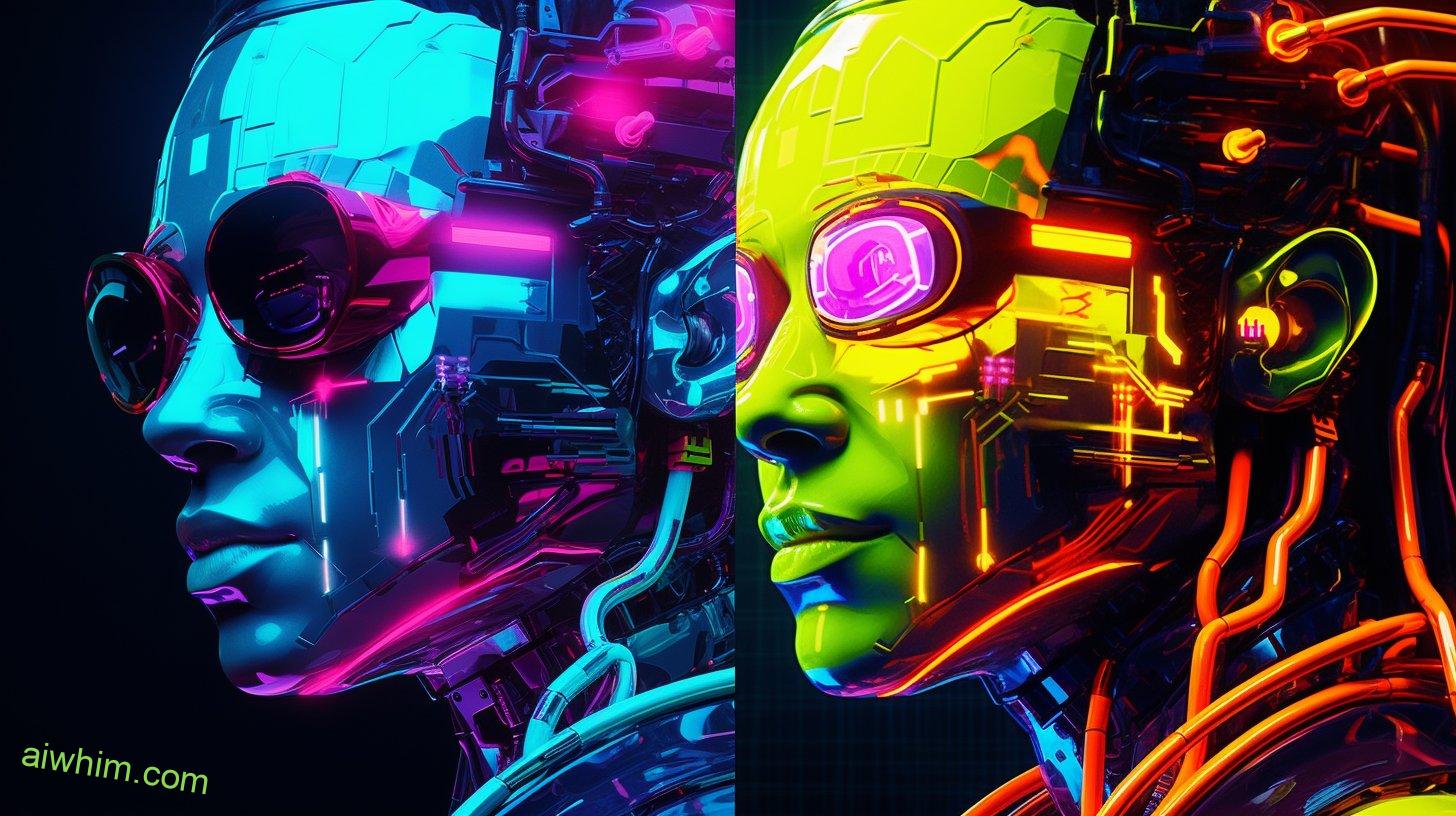
Conclusion
In conclusion, the integration of AI technology in the field of bus and truck mechanics presents both opportunities and challenges. While AI-assisted diagnostics and repairs can improve efficiency and reduce costs, a collaborative approach between humans and AI is crucial for optimal results.
One example of successful AI integration is the case study of a truck repair company that implemented AI-powered predictive maintenance, resulting in a significant decrease in breakdowns and increased overall productivity.
The future outlook for bus and truck mechanics involves embracing AI as a valuable tool that enhances their skills and capabilities.

